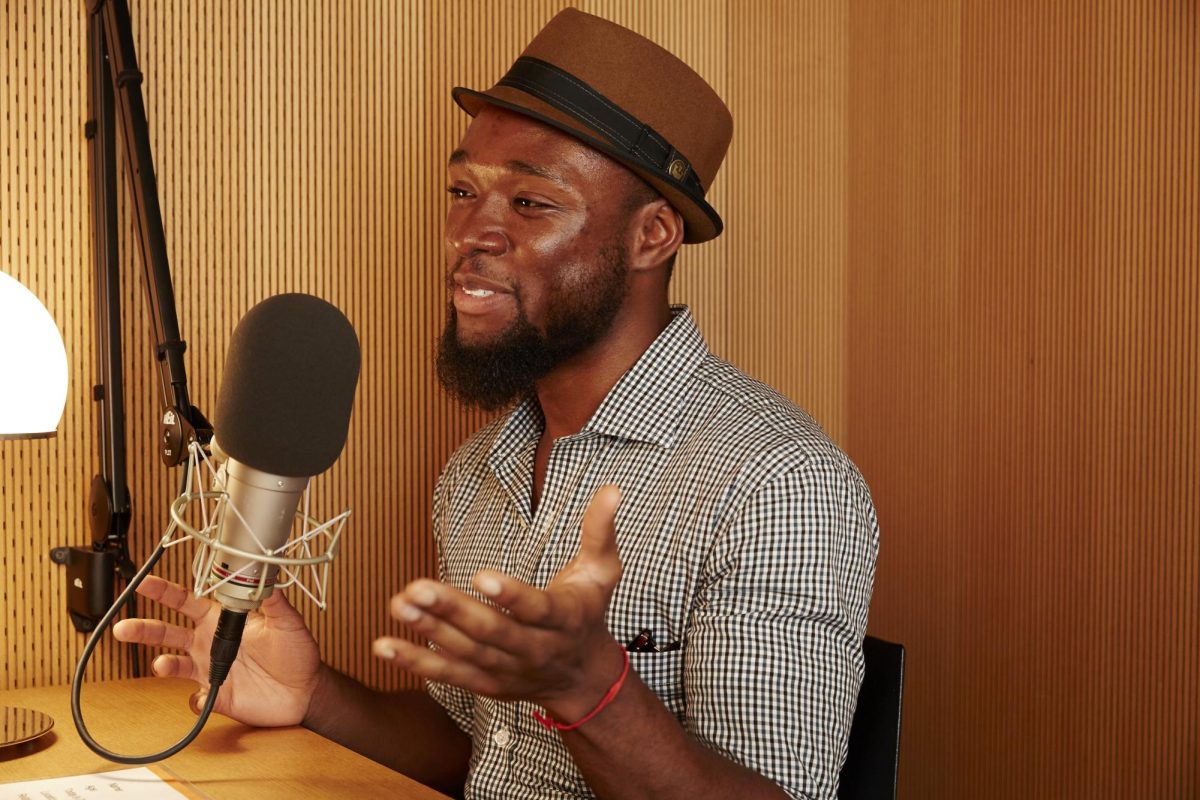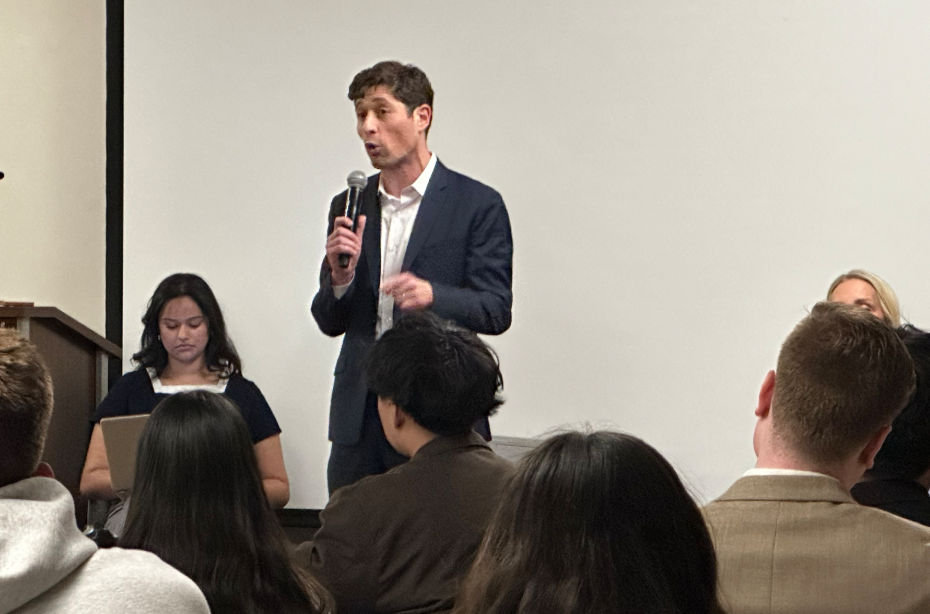Three years ago, the University of Minnesota was one of the first schools to spearhead an international graduate student survey aimed at major research universities.
Now, the data from the Graduate Student Experience in the Research University — or GradSERU — survey is being compiled and analyzed, and the participating research universities, including the University of Minnesota, hope graduate student issues and achievements will be quantified to improve the grad student experience.
The survey is divided into five sections: professional development, health and well-being, time use, international perspective and campus wildcard, which includes questions specific to each participating school.
In 2014, the University partnered with the University of Virginia, another major research school, to administer a pilot version of the 130-question survey. The multifaceted survey was modeled after the original SERU survey for undergraduates.
The survey made its official debut at five schools across North America and two in Europe this year, said Scott Lanyon, graduate school dean and vice provost.
In the most recent version of the survey, 29 percent of invited students participated, said Daniel Jones-White, GradSERU’s research and development director.
Lanyon said he hopes the rest of the Big Ten will participate, and Jones-White said the University is also working to recruit top research schools across North America to participate in the survey.
Next month, Jones-White and Lanyon are going to the University of California-Berkeley to give a two-and-a-half-hour workshop to teach other schools about SERU.
A large-scale graduate student survey matters because information on graduate students’ experiences are lacking compared to information about undergrads, Lanyon said.
“It isn’t until you have data that you can convince faculty members to take action,” he said.
First-year French and Italian master’s student Heidi Beckman said her specialized program is stressful in ways that undergraduate programs are not.
“You have to take the initiative on everything,” Beckman said.
Lanyon added that graduate students often face expectations to teach in higher education, a misconception he hopes GradSERU data will clarify.
First-year French and Italian master’s student Jami Watson agreed, and said the culture in her program problematically emphasizes jobs and careers in academia rather than in the public and private sector.
Lanyon said graduate students are more willing to open up about problems and address them since the survey is anonymous.
He said the University of Minnesota hopes to make GradSERU data public in the next month.







